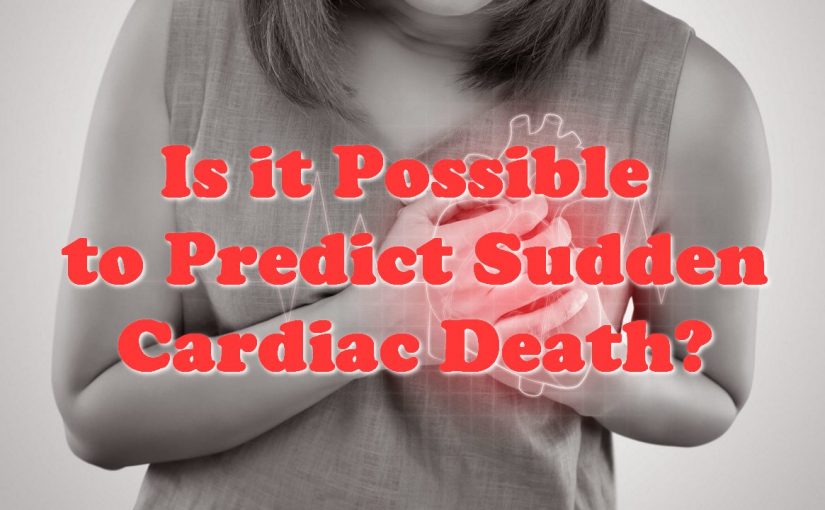We have all probably heard of the story. A family friend or acquaintance was walking home from doing groceries or from work when they suddenly dropped down dead. Rushed to the hospital, they were pronounced dead on arrival. The course of death? Sudden Cardiac Death, also known as SCD. It is the cause of millions of deaths on an annual basis. And in most cases (estimated to be around 90%), the result is fatal. Those who survive are the lucky ones.
Most of the survivors of SCD will testify of no underlying health problems. SCD also attacks young and active children. With its wide range of victims and unpredictability, scientists, doctors, and researchers have been looking into ways of predicting the attack of an SCD. Below is a summary of the findings.
Sudden Cardiac Death
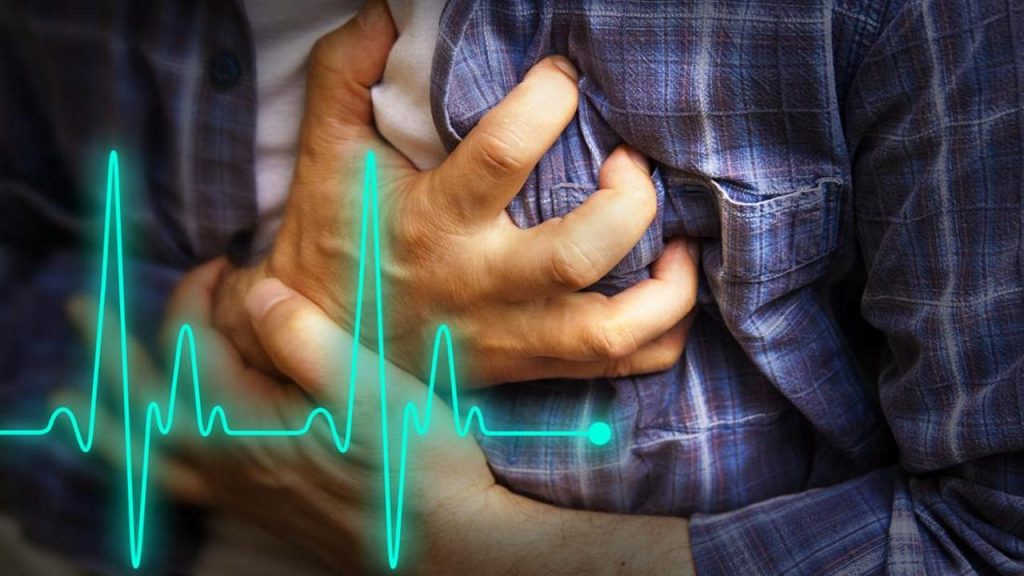
First, let’s look at the definition. Sudden Cardiac Death (SCD) is an unexpected death caused by the sudden loss of heart function. The heart stops beating and can no longer sustain the life of the individual. Most cardiovascular-related deaths can be attributed to SCD. Statistically, it has been known to attack men more than women. Children are also affected but their cases are not as prevalent.
The possible prediction devices and methods
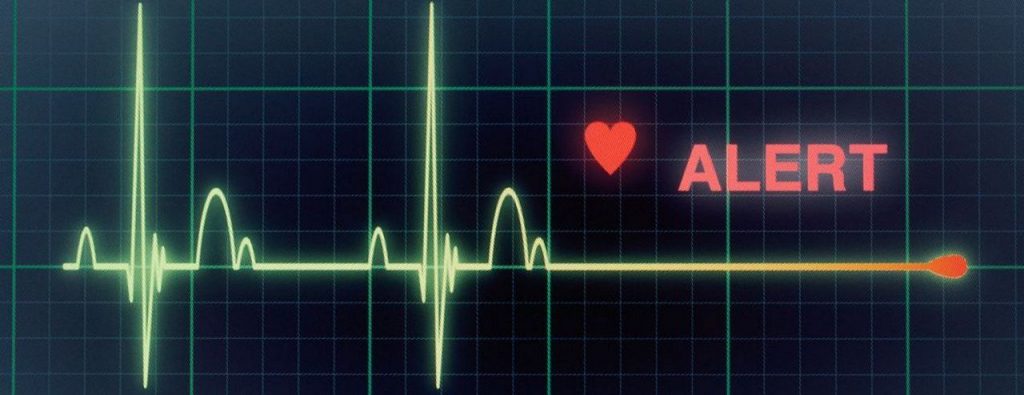
An implantable cardioverter-defibrillator (ICD)
The ICD is mainly used as a treatment plan for patients at great risk of being attacked by SCD. The device works similarly to a pacemaker. It is inserted into the patient’s heart, detecting and correcting any unusual heart rhythms. It delivers a small and powerful shock to the heart muscles, causing the heart to regain a normal heart rhythm.
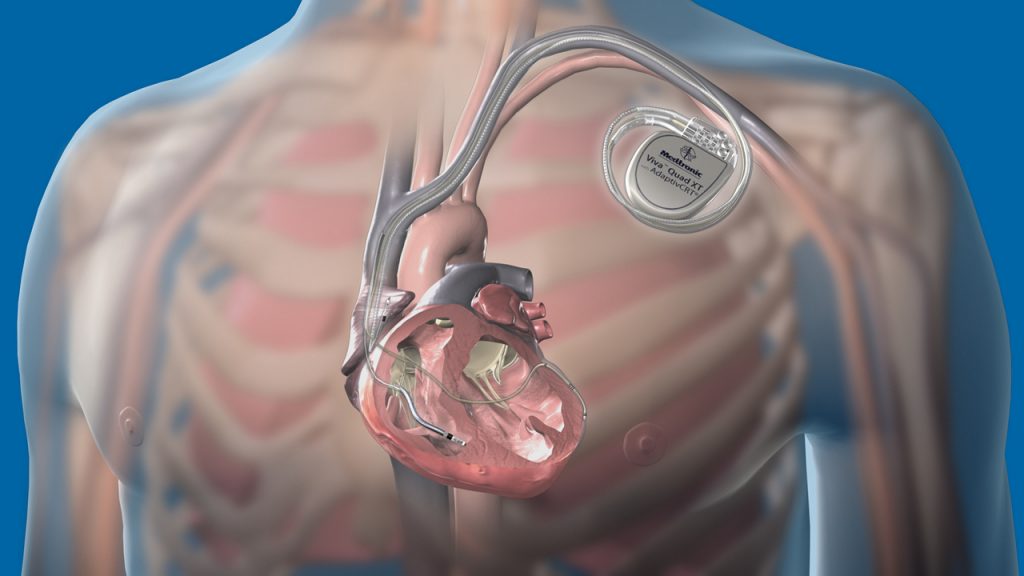
From a prediction standpoint, the ICD is a powerful data tool. It dutifully records all the rhythm of the patient’s heart. Later on, it can be analyzed by a professional cardiologist. Under constant monitoring, an SCD attack can be predicted and prevented.
Ejection Fraction
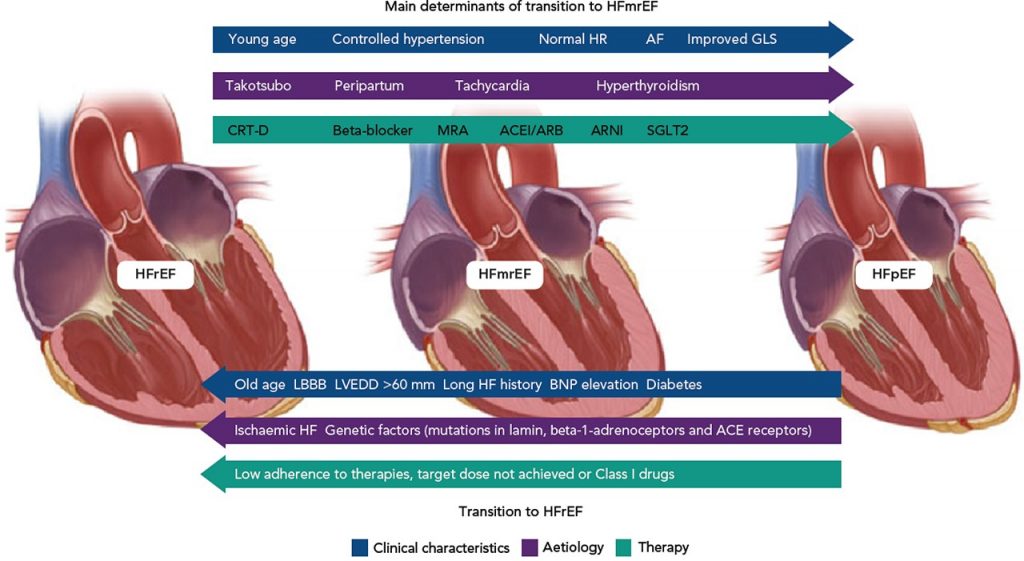
This is a measure of the amount of blood pumped out of the ventricles with every heartbeat. With every pump, your heart pushes life to every cell and organ of your body. The ejection fraction is an important measure as it will denote the condition of your heart. It can be measured using an echocardiogram (echo) test, a multiple gated acquisition scan, nuclear stress test, or magnetic resonance imaging (MRI). Depending on the condition of the patient, the doctor can recommend which is the best scan/ test.
Reducing risk factors
It is also recommended that you reduce the possibility of getting a sudden cardiac arrest. The risk is highly related to our lifestyle conditions and changes. Here are some that you should consider:
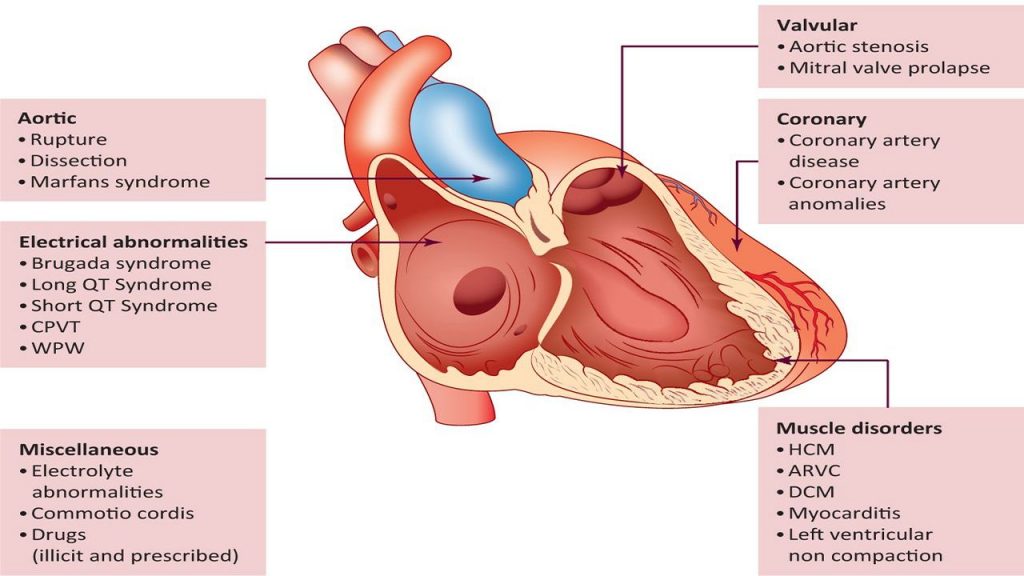
- Working out, losing weight.
- Reduce smoking that has a serious effect on your lungs and heart.
- Alcohol intake is forbidden.
- A low-fat diet, cholesterol coats the heart and increases the burden on it with every pump
- Minimize salt and sugar intake; diabetes is linked with SCD.
- Managing other health and heart conditions such as congenital heart defects, syncope, and long QT Syndrome among others.

